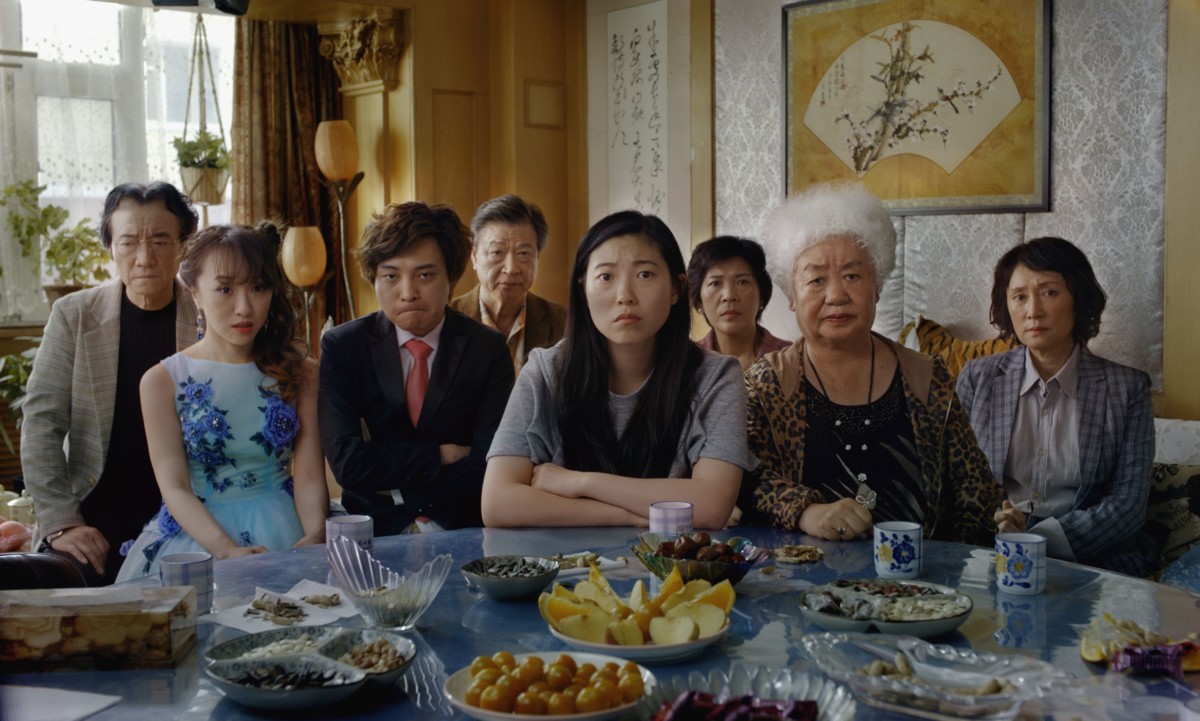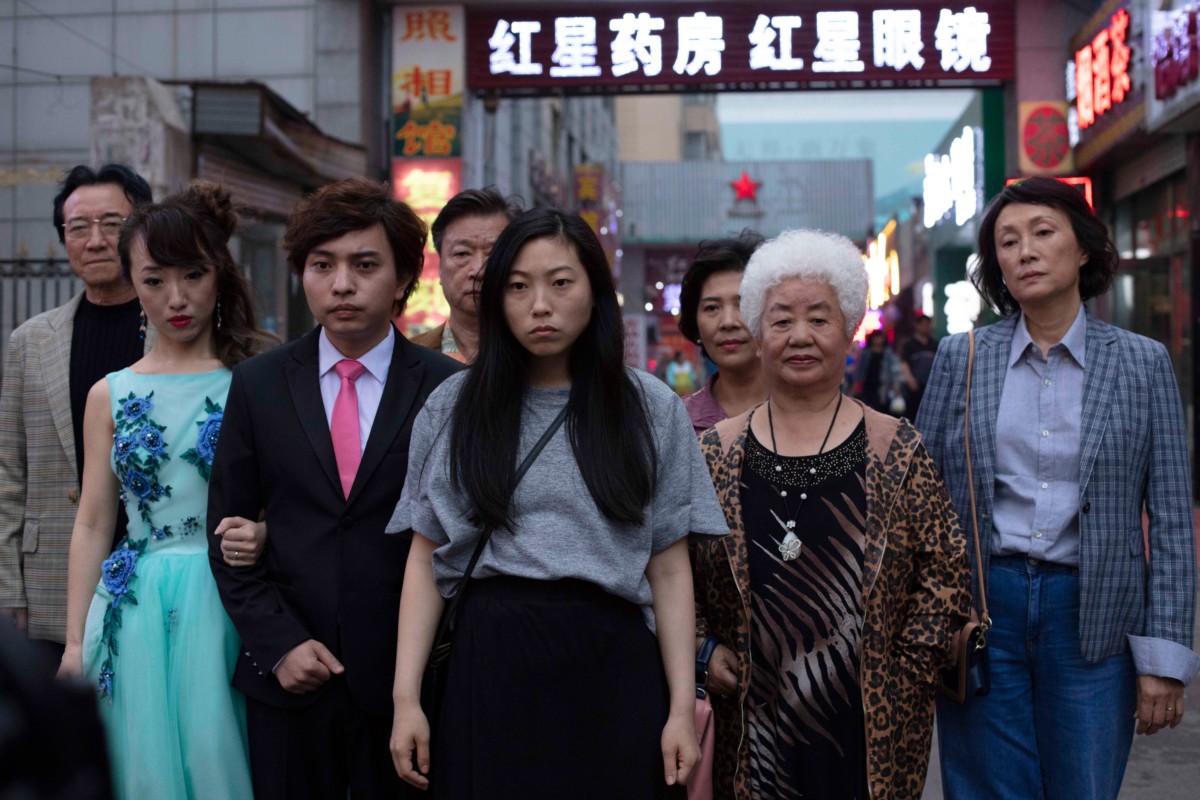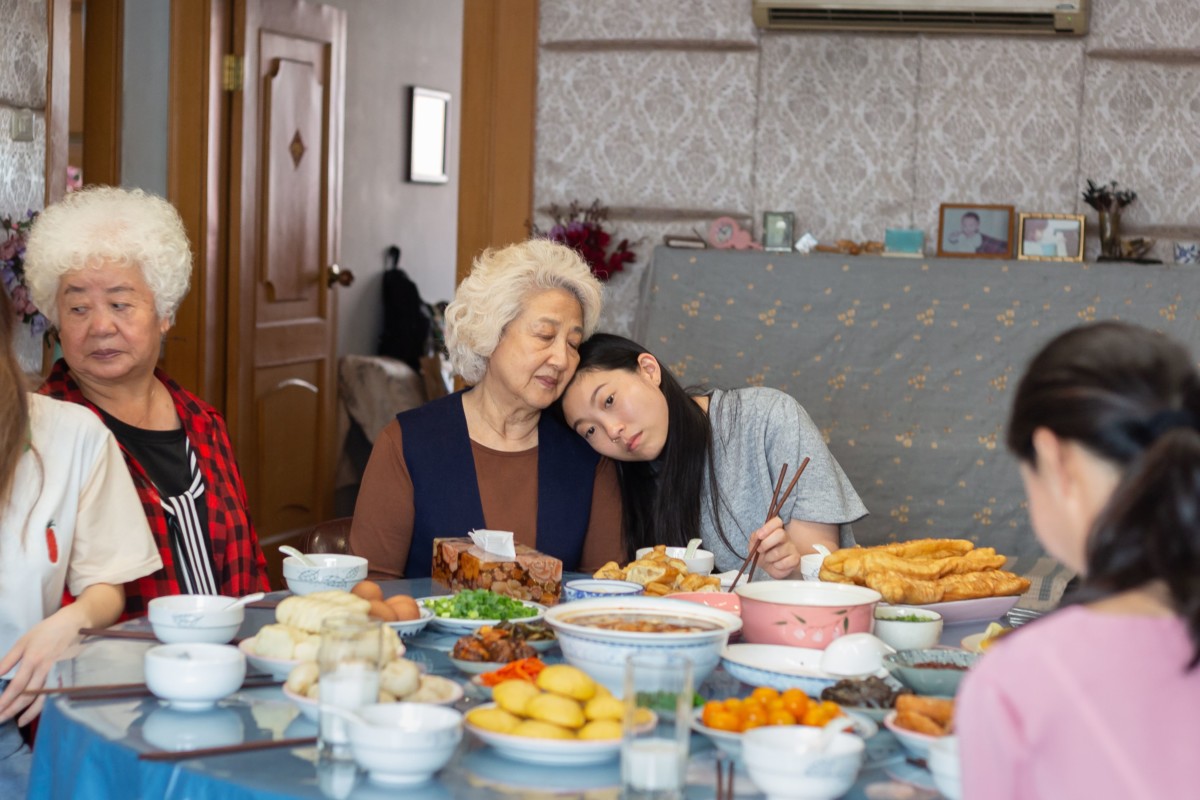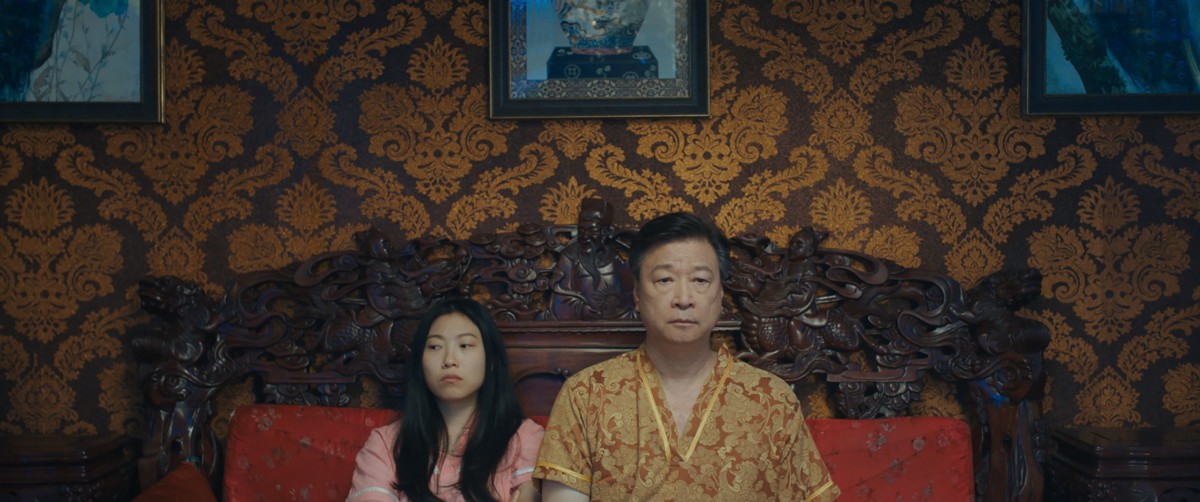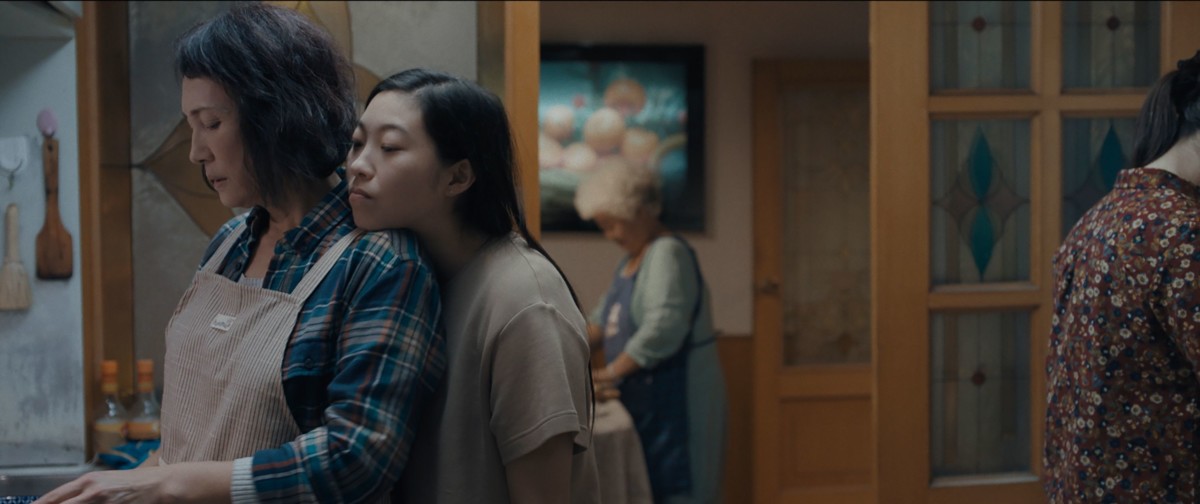Tai Freligh chats with The Farewell editor Matt Friedman…
Sundance breakout dramedy, The Farewell, starring Awkwafina and directed by Lulu Wang follows a family that returns to China under the guise of a fake wedding to stealthily say goodbye to their beloved matriarch — the only person that doesn’t know she only has a few weeks to live.
Matt Friedman is a film editor and long-standing AFI Faculty member, teaching 2nd year editing. He lives in the Hollywood Hills with his wonderful husband Chris and their son. I caught up with Matt to talk about the editing process for The Farewell, his philosophy on editing, and what it was like to work with director Lulu Wang.
Tell me what The Farewell is about?
The Farewell is about an hour and forty minutes.
In all seriousness, here is the film’s logline: A Chinese family discovers their grandmother has only a short while left to live and decide to keep her in the dark, scheduling a wedding to gather before she dies.
How do you approach editing a film, and do you have a philosophy behind your work?
I definitely have a philosophy: “Every frame matters”. Every single frame that I put into a film MUST be furthering the story. If it isn’t, then it needs to be removed. This applies to big things, such as entire scenes, storylines, even characters; and it also applies to single frames. Let’s say a character has a line to say. How many frames do I as an editor put into the movie BEFORE the character starts speaking. If what the character is saying is reflexive… if they don’t need to think about it… maybe I’ll put in a couple of frames. If the character is extremely smart and is one step ahead of the other character in the scene, maybe he starts speaking immediately, interrupting the other character. If the character is lying, maybe I put in a few more frames before he starts speaking than I would in normal conversation. If the character is distracted, maybe it’s even more. Every one of those frames matters, and is placed with intention. Similarly, if a character says a line, walks across the room, then says another line, is the fact that the character crosses the room important to the story? If it isn’t, I’ll work to get those frames out of the movie. Will I show a character blinking? Or do I remove the blink? Do I let them sigh? Or remove the sigh? If they stammer on a word, do I leave in that stammer or take it out? All of these things matter, and they should be allowed to stay in the movie only if they are actively supporting the story.
What specific ways did you achieve the tone of The Farewell through editing?
Lulu was very interested in having extended moments at key places in the film where nothing happened. She wanted the audience to be forced to sit with uncomfortable emotions in a way that mainstream movies often don’t do. But those segments where there was no”action” on- screen for extended periods of time… those”empty” frames were still telling the story, so these moments don’t contradict what I was talking about above. On the flip side, in ALL other sections of the film, I removed all these empty moments. By doing so, we created a shift in pacing going into the key slow moments. They stand out from the rest of the film, which is cut at a much faster pace.
These shifts in pace can also help to reinforce emotion in filmmaking. You can use them to heighten comedy or discomfort. It’s a very powerful tool.
We also did some unconventional things with sound. There are moments in The Farewell when the sound of the environment drops out COMPLETELY. Films almost never have moments of total silence in them. There is usually at least the sound of “air” or “room tone” But we took even that out on certain occasions, and have literally NOTHING playing through the theater speakers. And you can really feel it when that happens. It’s so seldom used it feels viscerally uncomfortable. It can create an actual physical feeling in the room. And we use that to our advantage at key moments in the film.
How important is editing to a film?
One of the things I love about editing is that literally everything that goes into a film flows through the editor. I often think of editors like philharmonic conductors. You have all these crazy good musicians sitting in front of you, and it’s your responsibility to pull them all together and make it work as a whole. It’s awesome, humbling, joyous and never gets old.
How closely do you work with the director and writers when coming up with an editing plan?
Writers not that often, but working with a director is almost like a marriage. You’re often with them 10 to 12 hours a day in a small room, both working towards the same goal, bouncing ideas off each other, playing devil’s advocate, questioning, pushing, striving to find the best, most compelling and moving version of the film possible. It is an intensely collaborative experience. That’s why so many great directors use the same editor over and over and over again. Nolan, Spielberg, Tarantino, Hitchcock. The editor-director relationship is so important and so personal, that once you find one that works, you don’t ever want to risk changing it.
As we were editing, Lulu and I worked discuss each scene, what the purpose of the scene was, and even what the characters were thinking about at key moments. If I try to edit a performance and don’t know exactly what is going through each character’s mind at any given moment, then I might create something that doesn’t align with what the actor was trying to do on set. If that’s the case, it’s likely that the performance might feel fake. But, if I understand exactly what a character is thinking, I can make sure that the best version of that performance makes it ok to the screen.
Do you think editors get enough credit in the industry?
I do. It may not be public, and it may not be glamorous, and the general public may not see us or even know what we really do, but I have ALWAYS felt appreciated on the things I’ve cut. Case in point: after Cameron Diaz saw an almost-finished cut of What Happens in Vegas, she ran up and hugged me. She knows how important the actor/editor relationship is. Obviously she gave a really really funny performance for me to work with, but it was still nice to be appreciated.
What other films have you edited?
John Tucker Must Die, What Happens in Vegas, Dragonball Evolution, Alvin and the Chipmunks: The Squeakquel, Step Up Revolution, and Life in a Year which has yet to be released. You can see more here: imdb.me/matthewfriedman.
Anything you would like the general public to know about film editing?
Honestly, when they are watching a movie, the LAST thing they should be thinking about is the editing. My goal is to help tell the most compelling and moving story possible. Full stop. So no, there’s nothing I want them to know or be thinking about when they are sitting in a theater. I suppose I’d hope that the general public knows that filmmaking is an incredibly collaborative endeavor, and for every person that they see on the screen, there are perhaps dozens more people who they never see working just as hard to bring the story to the audience.
Speed Round:
How do you survive the zombie apocalypse?
I AM the zombie apocalypse!
What’s better – editing for television or film?
Neither is better. The processes are different. And even those lines are blurring now.
If you weren’t an editor, what would your career be?
Marine Biologist
Your top film in the last five years based on editing alone?
Why, The Farewell… of course!
Who is your editing icon?
Jill Bilcock, Lee Smith, and if I told you the other one, I’d be forced to kill you. Still wanna know?
We thank Matt for taking the time to chat with us here at Flickering Myth and look forward to seeing The Farewell in theaters. Matt can be found on the IMDb.
Tai Freligh is a Los Angeles based writer and can be followed on Twitter and Instagram and can be found on his website too.
Movie stills courtesy A24 Films.
(article originally appeared on Flickering Myth)

